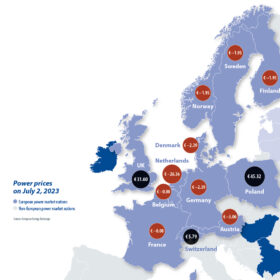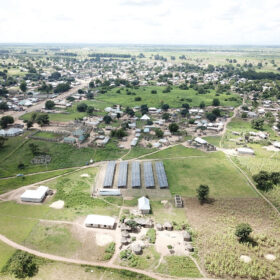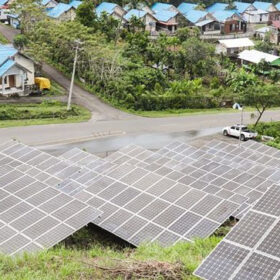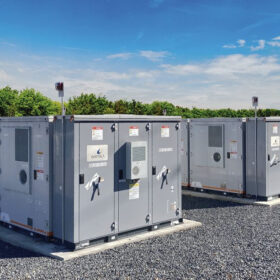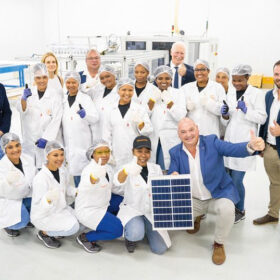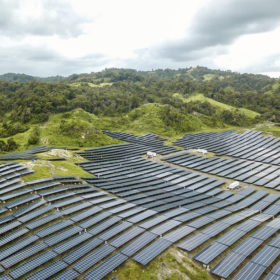Solar on farmland, rather than nuclear, should shape Italy’s energy mix
Matteo Salvini, head of one of the parties in Italy’s coalition government, last year pointed to a future energy system based on rapidly deployed nuclear generators, sowing further doubt for renewables investors. Patrick Donati, founder of Italian independent power producer (IPP) Terrawatt, explains why nuclear will have no future in his homeland and why installing panels on a limited amount of farmland – rather than costly agrivoltaics – could be a necessary short-term climate fix.
Local authorities can lead net zero charge
With metropolitan-borough and city councils in England and Wales already driving decarbonization initiatives, local government bodies could do so much more if given adequate powers and funding.
Europe’s power price rollercoaster
Almost every weekend since Easter, European generators have been paid to power down plants but some Northern European nations are experiencing record electricity prices. An energy system set up for fossil fuels is in urgent need of reform, according to Gerard Reid, co-founder and partner of Alexa Capital.
Nigeria’s PV potential
Everoze Partner Abdul Sotayo highlights some of the issues that continue to hold back progress on clean energy in Nigeria, where energy poverty remains a problem, despite the nation’s vast solar potential.
Weekend Read: Race to the top
A flurry of clean energy announcements in the European Union this year bodes well for the expansion of renewables but there will be a race against time to get key legislation adopted before next summer’s European elections.
Indonesia’s race to net zero
Coal-dependent Indonesia has huge solar potential but progress toward a net zero economy has been sluggish, explain Daniel Kurniawan and Fabby Tumiwa from the Institute for Essential Services Reform (IESR), an Indonesian thinktank.
Weekend read: Pathfinders for grid stability
Non-synchronous renewable energy affects grid stability but storage-as-transmission (SAT) assets offer grid companies a trump card. Whether it’s “virtual transmission” in Australia, Germany’s “Grid Booster” program, or the giga-scale pipeline of projects emerging in the United Kingdom, energy storage is finding a way.
The green jobs promise
Promising to replace fossil fuel jobs with an identical number of clean energy roles in coal-dependent communities is overly simplistic and ignores the fact that communities need to be brought onside with credible expectations of better-quality employment.
When will the world be fossil free?
Despite the ever-growing number of nations committing to attaining a net-zero economy, there appears little prospect yet of a future free of fossil fuels, as Roger Lewis, an environmental, social, and corporate governance (ESG) expert at Downing LLP explains.
Weekend Read: Floating the solar dream
Indonesia is a coal-dependent country in which conventional power grids are problematic. The archipelagic nation is turning to floating PV (FPV) to help accelerate its energy transition. Sorta Caroline takes a look at the state of play for water-borne solar and the problems that still need to be overcome.


